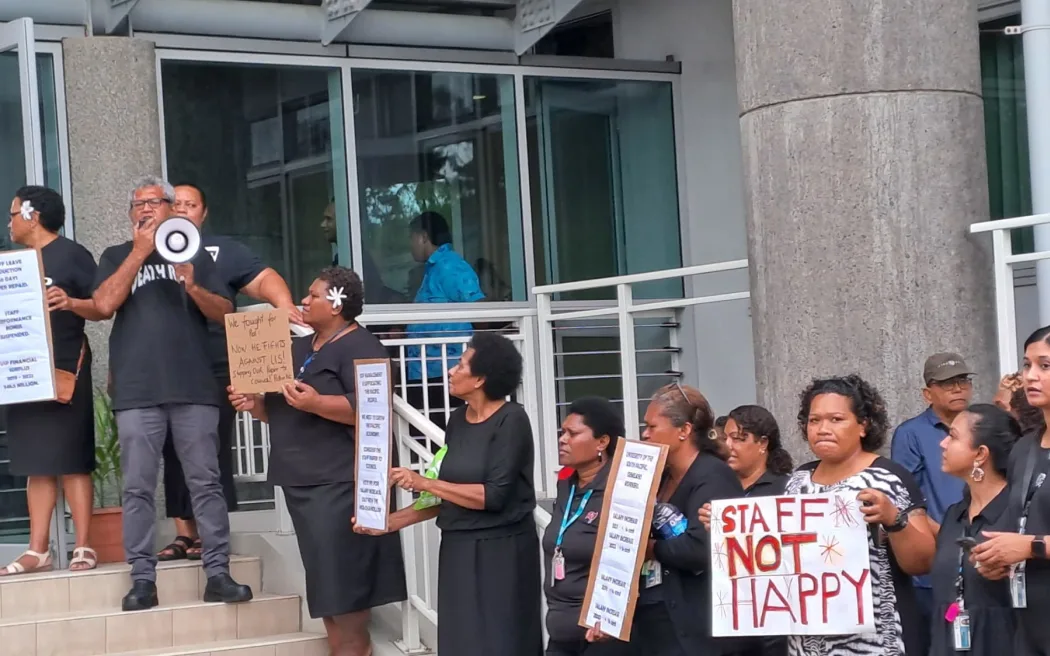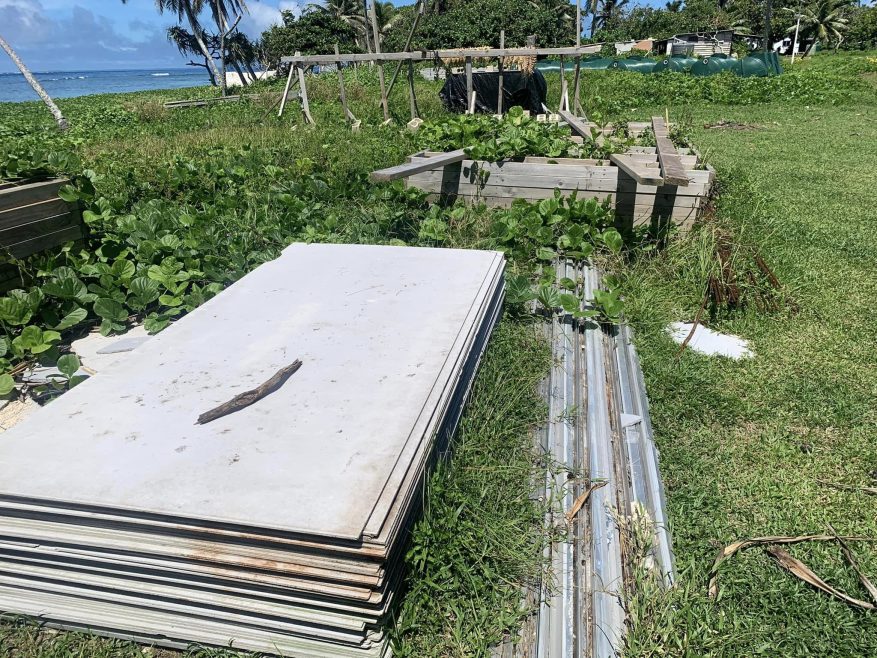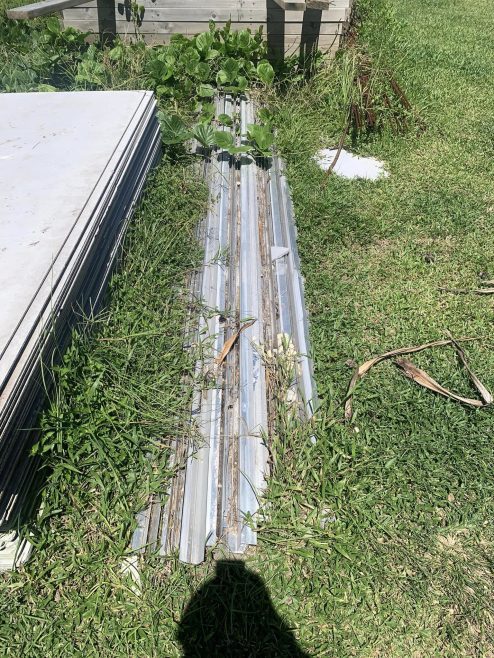Sponsored
At its 40th anniversary, Shincheonji pledges to become the light of the world and share love through volunteering.
Shincheonji Church of Jesus, Temple of the Tabernacle of the Testimony (hereinafter referred to as Shincheonji Church of Jesus) held a commemorative ceremony and service at the Cheongpyeong Shincheonji Peace Training Center in South Korea to celebrate its 40th anniversary. Over 300 members from New Zealand participated in the event on-site and via a live stream.

The commemoration ceremony on this day was prepared as an opportunity to look back on the growth of Shincheonji Church of Jesus since its founding on March 14, 1984, and its contribution to communities around the world. In addition, plans and visions for the year ahead were shared, and pledges were made to fulfill the role of the church in society, to serve and practice being the light and salt of the world.
Shincheonji Church of Jesus Volunteering efforts have been ongoing for 38 years with such activities as helping disadvantaged communities, environmental cleanups, community revival projects, and supporting sporting events.
Blood donation drives began in 2008 with approximately 5,000 volunteers participating every year. Then in 2022, Shincheonji Church of Jesus achieved a Guiness World Record™ for having the most people sign up as blood donors online within one day.
Last year Shincheonji volunteers launched the “We Are Run” marathon. In New Zealand alone, over 200 runners participated in the event to raise funds for mental health.
Other volunteering activities in New Zealand included beach cleanups, Auckland flood relief support, seniors’ lunches and mental health workshops.
According to volunteer-related data compiled by Shincheonji Volunteer Corps, a total of 750,851 people received support from Shincheonji volunteers, and a cumulative number of 49,768 days was devoted to volunteering.
In the commemorative service of the 40th anniversary of Shincheonji Church of Jesus, Chairman Lee explained the significance and background of the church’s steady growth and devotion to communities, saying, “Shincheonji Church of Jesus had a very humble beginning. However, many people have come to this day because God sent angels from heaven as stated in the Bible.”

He continued, “Jesus also gave up his whole body to do God’s will. So today, we must not have blind faith, but we must know God”. He added, “We must follow God’s will and reach out to our neighbors.” “We must love one another,” he emphasized.
Lastly, he said, “The number of people learning about the Book of Revelation, which is God’s purpose written in the Bible, is increasing. I am grateful,” and added, “Let’s ensure that more people are saved through the Word. Let’s work together to create a better world.”
Members of Shincheonji learn to love and serve through the teaching of the Bible by realizing God’s will in the book of Revelation. This is the reason why Shincheonji Church of Jesus has achieved continuous expansion without a single year of negative growth since its founding, despite an atmosphere of global Christian stagnation.
Since the establishment of the Zion Christian Mission Center in June 1990, there has been a steady increase in the number of graduates. At the 110th graduation ceremony in 2019, there were 103,764 graduates. Afterward, in 2022 and 2023, 106,186 and 108,084 students completed the course, respectively, enrolling more than 100,000 students for two consecutive years.
The efforts to love and serve were also recognized within Christian communities and memoranda of understanding (MOUs) were signed with 9,905 churches in 78 countries. 1,382 churches in 38 countries changed their church signage to Shincheonji Church of Jesus, recognizing the excellence of its teachings and wanting to participate in the work of serving the communities.
Starting this year, Shincheonji plans to create a new and brighter world by devoting to regular volunteer initiatives, keeping in mind specific needs and challenges in local communities.

An official from the Shincheonji Volunteer Group said, “Heaven gives us light, rain, and air freely. “I want to love and serve freely, just as I received it freely,” he said, and pledged, “I will shine the light in all corners of the world and spread warmth with the spirit of service that I learned from heaven.”
He continued, “For the past 38 years, we have been spreading love to our neighbors and seeking out places in society that need our service first,” adding, “We will continue to faithfully fulfill our role as light and salt without hesitation.”
About Shincheonji, Church of Jesus New Zealand:
Shincheonji was established in 1984 in Seoul, South Korea, and has since grown exponentially with branch churches in more than 100 countries internationally and a congregation of more than 300,000 members. Shincheonji New Zealand was opened in 2015. Already increasing in size with each year, there is an explosive growth forecasted and big plans for the Pacific region as well.


 Rosalia Fatiaki Photo: Facebook / Association of the University of the South Pacific Staff
Rosalia Fatiaki Photo: Facebook / Association of the University of the South Pacific Staff



















